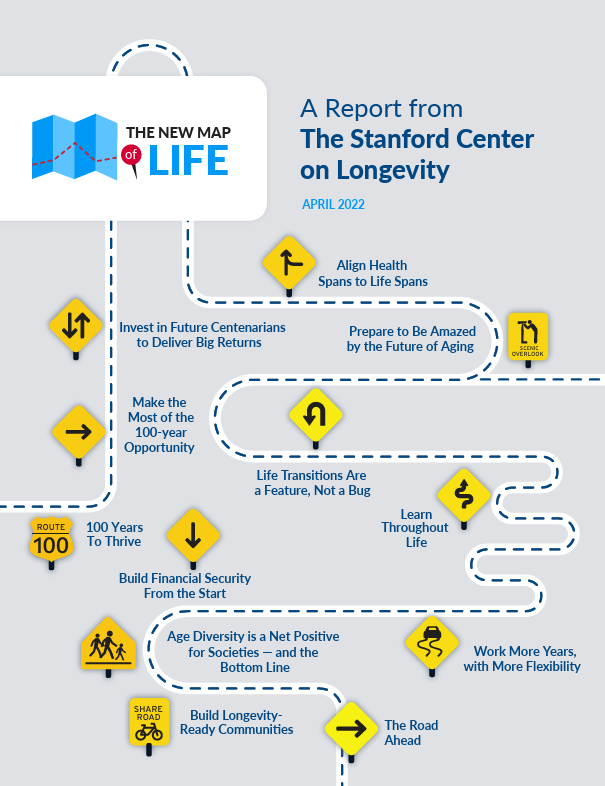Remember those sterile, depressing images that came to mind when you thought of “retirement homes?” Well, toss those out the window. Indeed, the future of senior housing is getting a major facelift, and it’s being driven, in part, by the expectations of a generation that remembers arcades and MTV.
A recent article from Morningstar (This is the future of senior housing) highlights the seismic shifts underway in the senior living industry. Consequently, it’s no longer about being a “last resort”; instead, it’s about offering a lifestyle choice. Furthermore, to capture the attention of the next wave of residents, the industry needs to get tech-savvy, fast.
Tech is King (or at least a very powerful Duke)
Forget bingo night as the sole activity. Instead, we’re talking telehealth integration, personalized service platforms, and smart living environments. Think of it as a high-tech, age-appropriate upgrade. Why? Because the next generation of residents are more educated and technologically advanced than ever before. Therefore, we’re not going to settle for outdated systems and limited connectivity. We expect seamless integration of technology into our daily lives, and that includes where we choose to live.
Aging in Place? Tech Can Help
Moreover, the article also points out the increasing desire to “age in place.” Many of us want to stay in our homes as long as possible. Thankfully, technology is making this more feasible, but it also means senior housing facilities need to offer options that compete with the comfort and familiarity of home.
The Middle Market Squeeze
Additionally, there’s a growing need for senior housing options that cater to the middle market. Not everyone can afford luxury accommodations, and thus, the industry needs to develop financial models that address this. This is particularly relevant to Generation X, many of whom are still dealing with the financial fallout of previous economic downturns.
A Multicultural Future
Beyond that, the senior housing industry is also becoming increasingly diverse. As a result, facilities need to be culturally responsive and cater to the specific needs of multicultural markets.
The Takeaway for Generation X
Ultimately, we’re a generation that values independence, technology, and personalized experiences. As we approach our “senior years” (yes, it’s happening), our expectations for senior housing will be significantly different from those of our parents. We’ll be looking for communities that offer a vibrant, engaging lifestyle, seamless technology integration, and options that cater to our individual needs and preferences. The senior housing industry needs to adapt, or risk becoming obsolete.
References
- Morningstar. (2025, April 12). This is the future of senior housing. Retrieved from https://www.morningstar.com/news/marketwatch/20250412236/this-is-the-future-of-senior-housing











